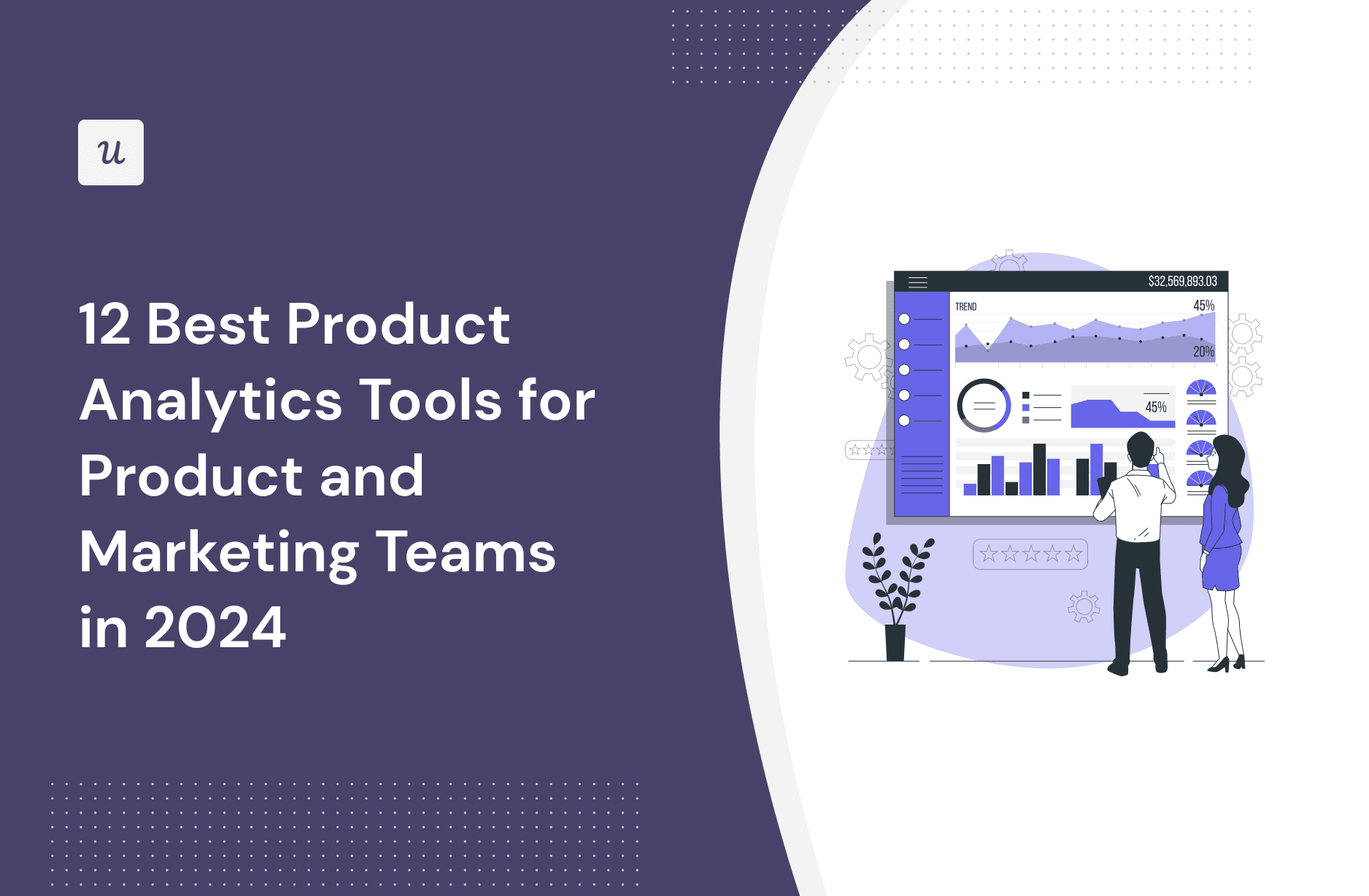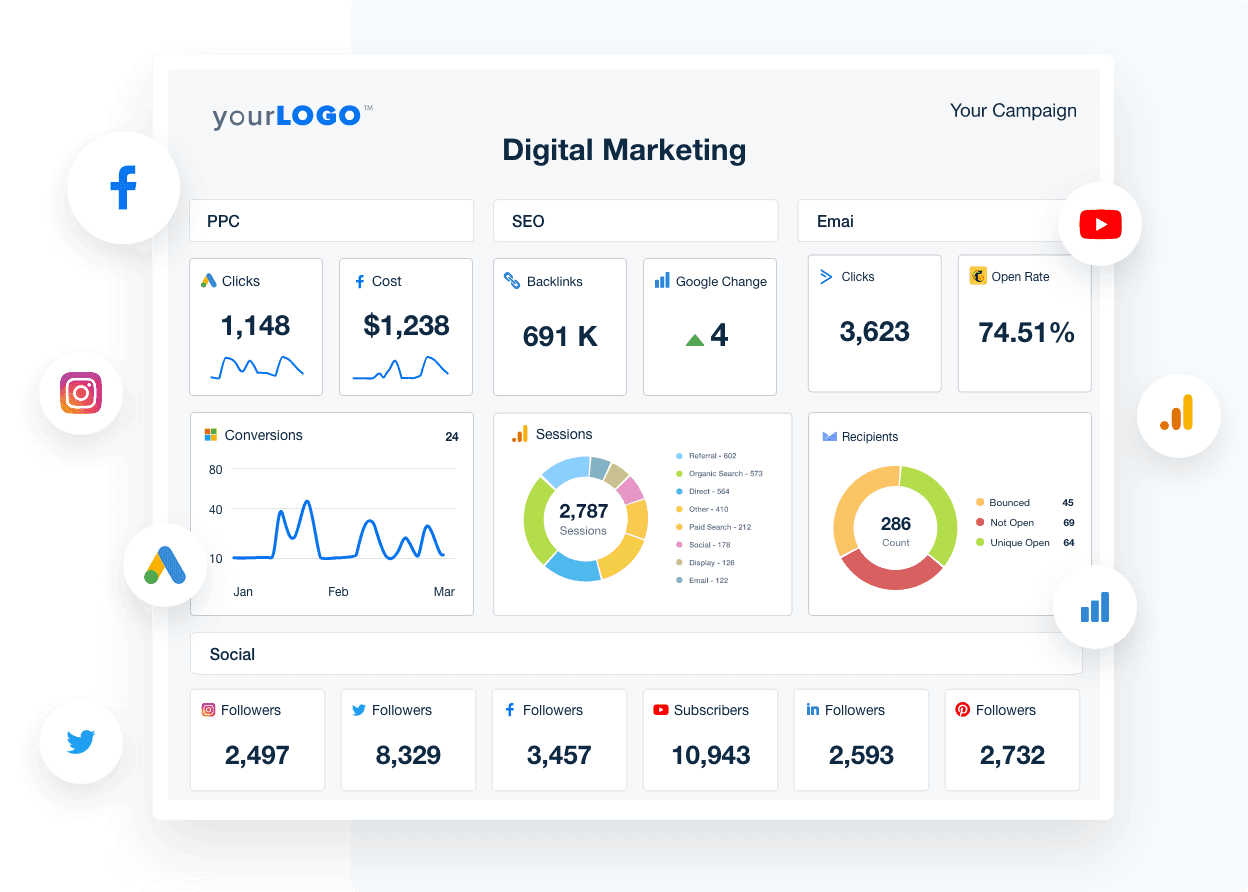Discover Hidden Opportunities with Modern Analytics Techniques
Discover Hidden Opportunities with Modern Analytics Techniques
Blog Article
Make The Most Of Development: Just How Analytics Drive Better Techniques
In today's data-driven landscape, organizations increasingly acknowledge the essential role of analytics in forming efficient growth strategies. By using information understandings, businesses can fine-tune their operational techniques, prepare for market adjustments, and improve customer involvement. The difficulty exists not just in collecting information however in efficiently analyzing it to drive concrete end results. As we explore the key benefits and methodologies connected with analytics, a crucial inquiry arises: how can companies ensure they are leveraging these understandings to open their full possibility? The answer might redefine the future of strategic planning.
Understanding Information Analytics
Data analytics is a systematic computational evaluation of data that makes it possible for companies to uncover meaningful patterns and understandings. This process incorporates a variety of strategies, consisting of statistical evaluation, predictive modeling, and information mining, which collectively intend to transform raw data into workable information - Analytics. By using these techniques, organizations can make informed decisions that are rooted in empirical proof instead of instinct alone
The structure of data analytics hinges on its capability to handle substantial quantities of information from varied resources. This consists of organized data, such as data sources, and unstructured data, including social networks communications and customer feedback. Through the usage of specialized software and devices, experts can remove and process this data efficiently, identifying patterns and connections that might not be promptly obvious.
Comprehending data analytics likewise involves recognizing the value of information quality and stability. Accurate and trusted data is critical for meaningful evaluation; hence, organizations need to carry out durable data administration methods. The repetitive nature of analytics allows for continuous refinement and renovation of strategies, making sure that organizations remain dexterous in the face of changing market dynamics and customer habits.
Key Benefits of Analytics

Among the essential advantages of analytics is its ability to provide workable understandings. Organizations can swiftly examine large amounts of information, revealing patterns that might not be immediately obvious. This aids in preparing for market shifts and adjusting techniques appropriately. In addition, analytics fosters a culture of evidence-based decision-making, minimizing reliance on intuition and uncertainty.
Another considerable advantage is boosted customer understanding. Analytics devices enable services to sector their target market, track customer behavior, and personalize marketing efforts. This targeted strategy not just boosts customer involvement but additionally drives higher conversion rates.

Implementing Analytics Strategies
To completely understand the benefits of analytics, companies need to embrace organized methods for implementation. This starts with clearly defining purposes that line up with wider company objectives. By developing particular, measurable outcomes, organizations can concentrate their analytics efforts on areas that generate the greatest return on investment.
Following, companies should focus on information governance to guarantee the stability and security of the information being assessed. This entails establishing up protocols for information collection, storage space, and gain access to while adhering to pertinent policies. Making certain high-quality data is Website critical for producing significant insights.
Furthermore, cultivating a society of data-driven decision-making is important. This requires training workers to translate analytics searchings for and motivating collaboration across divisions. When groups understand the value of analytics, they are most likely to integrate insights into their everyday operations.
Last but not least, companies must regularly evaluate and refine their analytics strategies. The landscape of data and modern technology is constantly evolving, and staying versatile will certainly permit companies to leverage brand-new devices and approaches properly. By carrying out these structured methods, organizations can take full advantage of the impact of their analytics initiatives and drive sustainable growth.
Tools for Reliable Evaluation
Reliable evaluation counts on a selection of tools that help click over here now with the extraction of insights from information - Analytics. These devices can range from straightforward spreadsheet applications to advanced equipment finding out systems, each serving an one-of-a-kind purpose in the analytical process
Information visualization software, such as Tableau and Power BI, plays a critical role in changing complex datasets into easy to understand visual representations. These tools make it possible for experts to identify patterns and fads rapidly, allowing for more enlightened decision-making.
Analytical analysis software, like R and SAS, supplies sophisticated capabilities for carrying out in-depth evaluations, including regression, hypothesis testing, and anticipating modeling - Analytics. These functions equip organizations to draw purposeful verdicts from their information, recognizing prospective possibilities and dangers
In addition, data source monitoring systems such as SQL and NoSQL data sources provide the required infrastructure for storing and quizing large volumes of data efficiently. They ensure that information is organized and obtainable for evaluation.
Last but not least, business knowledge systems integrate different information resources, providing a comprehensive view of business performance. By making use of these tools successfully, businesses can improve their logical capabilities, enabling them to establish techniques that optimize development and enhance overall efficiency.
Instance Researches of Success
Effective organizations usually take advantage of data analytics to drive impactful approaches, as evidenced by a number of notable instance researches. By using these insights, Netflix has actually effectively tailored its check my blog material suggestions, resulting in boosted individual interaction and customer retention.

In addition, Starbucks uses data analytics to identify optimum store areas and improve its product offerings. By checking out consumer demographics and acquiring patterns, Starbucks successfully determines high-potential markets and tailors its menu to regional tastes, driving sales and customer loyalty.
These instance studies highlight that effective usage of data analytics can cause calculated advantages, cultivating innovation and growth within organizations throughout different industries.
Verdict
Finally, the assimilation of analytics into business techniques significantly improves decision-making processes and promotes sustainable development. By leveraging data-driven insights, services can determine fads, expect market shifts, and optimize procedures. The effective implementation of analytics devices better supports agility and innovation, allowing companies to browse competitive landscapes with higher accuracy. Inevitably, a dedication to analytics not just drives prompt efficiency enhancements however likewise protects long-lasting success in an ever-evolving market.
Data analytics is an organized computational analysis of data that allows companies to uncover meaningful patterns and understandings.Recognizing data analytics likewise entails recognizing the importance of information quality and stability. Precise and trusted information is crucial for meaningful analysis; thus, organizations should execute durable information governance methods.Following, companies ought to prioritize data administration to make sure the integrity and safety and security of the data being analyzed.Successful organizations often leverage information analytics to drive impactful approaches, as confirmed by several noteworthy situation research studies.
Report this page